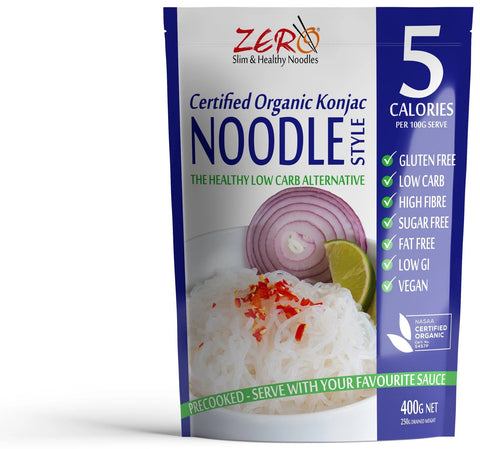Here Are The Most Effective Diets For Weight Loss
So, you have decided that you want to lose weight, but there are so many diets out there that your head is in a spin. It can be so difficult to know which diet to try, and the simple fact is that one eating plan does not fit everyone. Some people can have great success with a certain diet, while others will get no results at all. To help you out and narrow down the options, let’s take a look at some of the most effective diets for weight loss, delving into why they work and considering who they might be best suited to.
Ketogenic Diet
Otherwise known as the keto diet, this eating plan revolves around a high fat intake along with moderate protein levels and minimal carbohydrates. The idea is that you consume around 55 to 60 percent of your calories from fat, between 30 and 35 percent from protein and between five and ten percent from carbohydrates.
The diet was originally created as a diet for epileptics and aims to bring your body into what is known as a state of ketosis. This is when the body starts to use up stored fat as a source of energy rather than glucose. Less fat storage should mean less weight, and the diet can also suppress your appetite because of the slow rates at which fat and proteins are digested and the effect it has on hunger hormones. It is not a short-term fix, however, and it can actually result in weight gain if you don’t sustain it long term. It is also not suitable for you if have fat metabolism disorders, pancreatitis or kidney or liver failure.
Paleo Diet
This is based on the way in which the hunter-gatherers of the Paleolithic era ate and focuses on consuming fruit, vegetables, nuts, seeds, lean meats, fish rich in omega 3, and fruit and nut oils. Off the menu are processed foods, dairy, legumes, and grains.
Overall, this can be an effective die,t but it is restrictive and can be difficult to maintain. It may also not be suitable for you if you have kidney or heart disease due to the high amounts of meat that are eaten as part of the diet. Post-menopausal women and osteoporosis sufferers also need medical supervision while using this diet because of the low levels of vitamin D and calcium consumed.
Intermittent Fasting
There are different ways to do this diet, but it is generally about setting a window during the day when you eat and fasting the rest of the time. This eating period will typically range from eight to 12 hours, although some people will choose to fast for longer.

The fasting periods make your body experience molecular and cellular changes and also usually leads to a decrease in the number of calories consumed. This diet may not be a good choice for you if you have experienced issues with disordered eating in the past, and some women may find that it has a disruptive effect on hormonal balance.
Plant-based or vegan
All of us are continually being urged to eat more plant-based foods, such as our Zero Noodles. In addition to serving an ethical purpose, this type of diet can also aid weight loss. This eating regimen is based on avoiding all animal food sources. This includes dairy and eggs. Instead, plant-based foods are eaten, including fruits, nuts, grains, and vegetables. The downside of this diet can be that calories and macronutrients are not restricted, which can mean that losing weight is more complicated than with other eating plans focused solely on weight management or loss.

In order to be successful with a vegan diet if weight loss is your goal, you have to be very careful not to start eating processed vegan foods, such as vegan cold cuts, which can contain a lot of salt, fat, and sugar in addition to artificial chemicals. Instead, you should be aiming to eat minimally processed foods that contain lots of protein and fiber. You may want to consider adding plant-based fiber, such as Glucomannan Fiber, to your diet, which has a range of benefits when it comes to weight loss, like making you feel full for longer and faster. In general, anyone can go vegan, but planning is needed to ensure that you are getting a balanced diet and do not miss out on essential nutrients such as B12, iron, and calcium.
